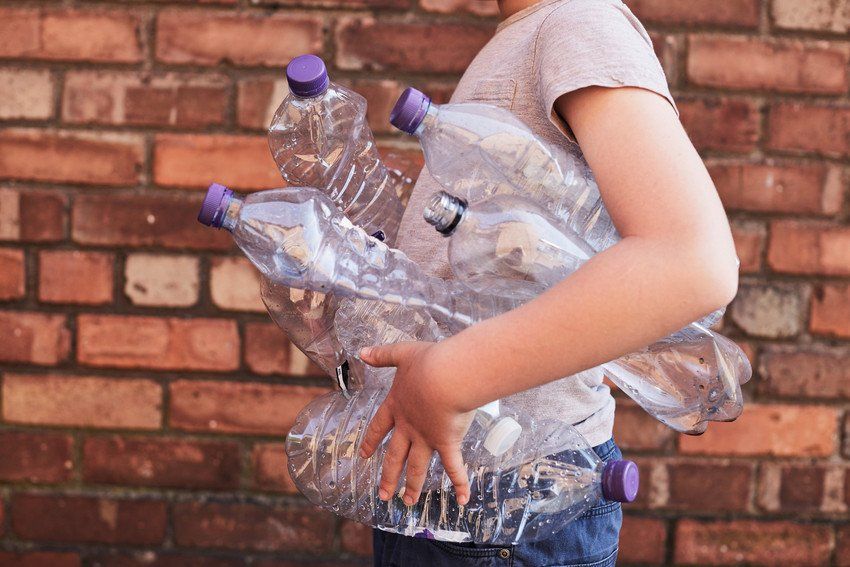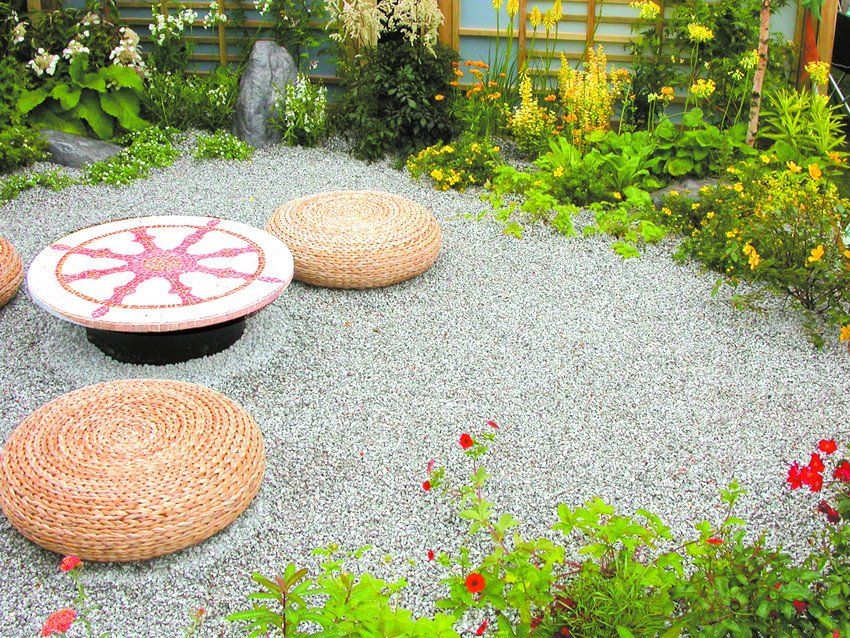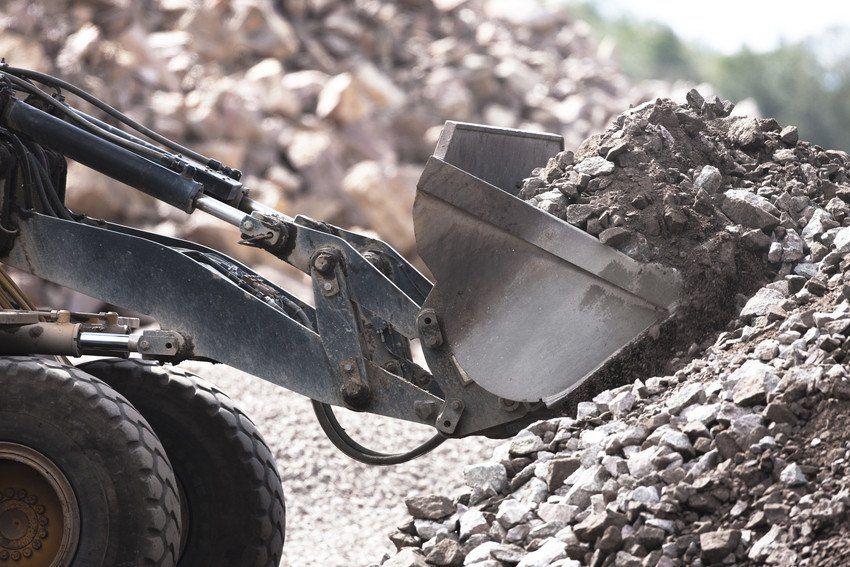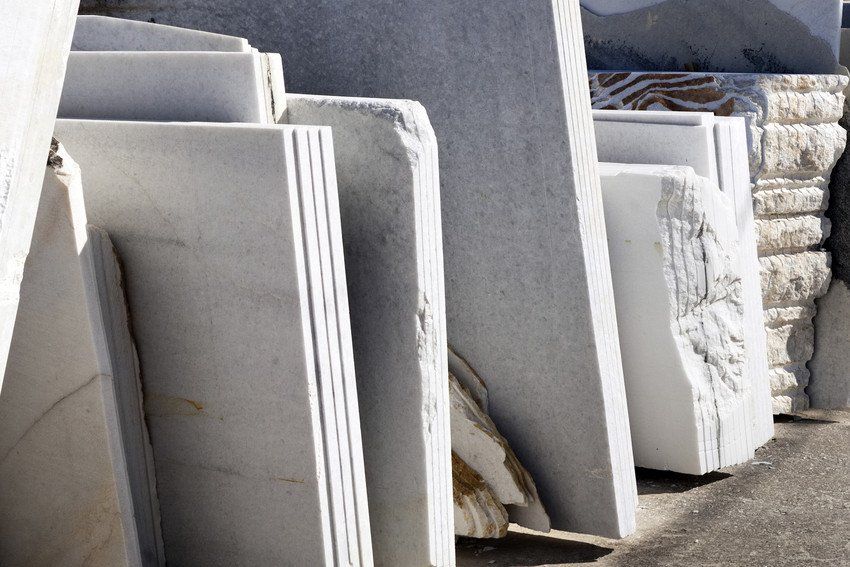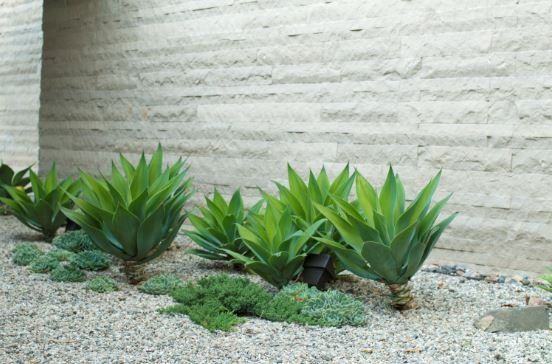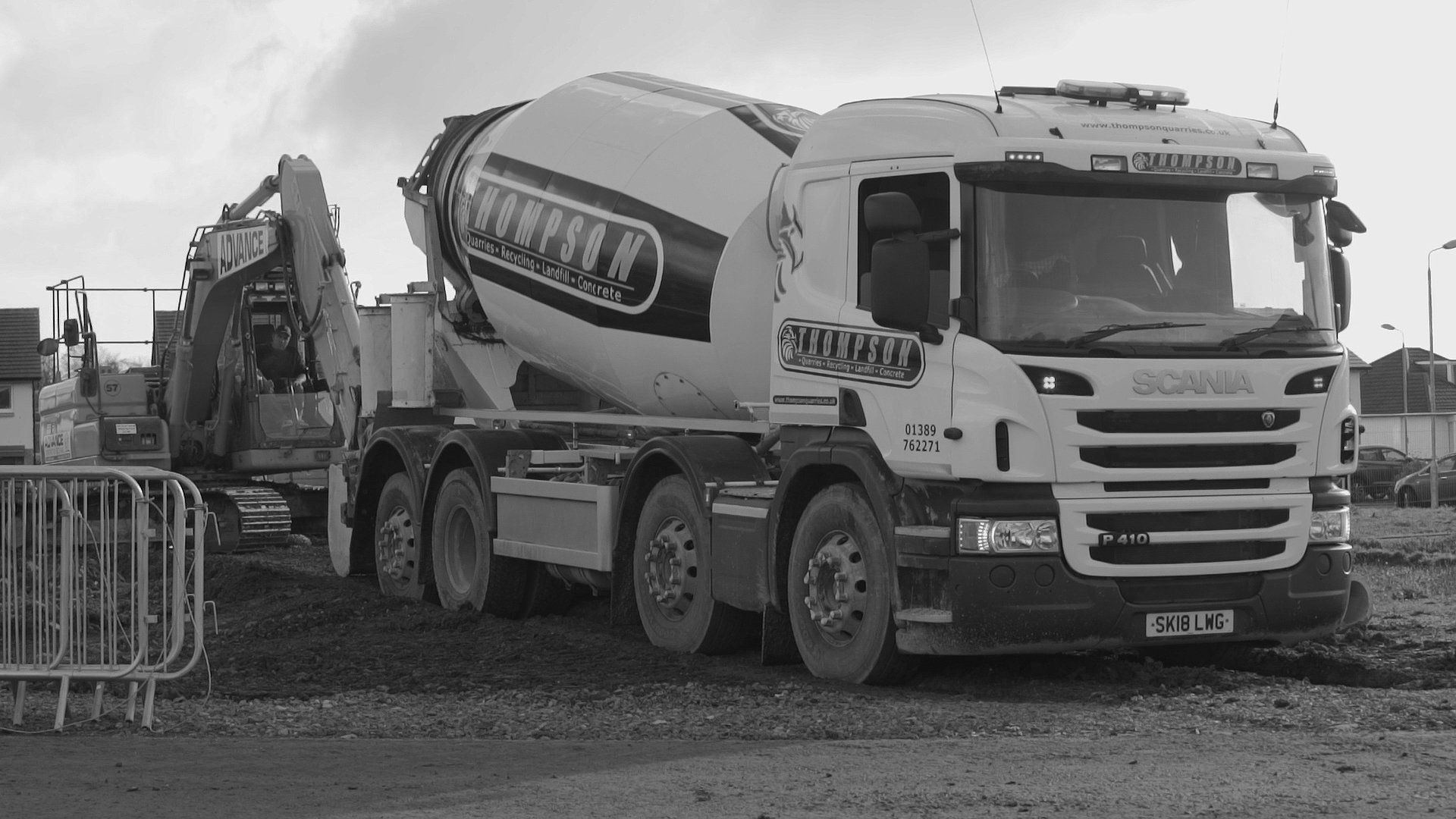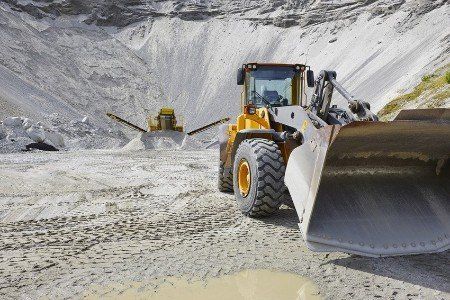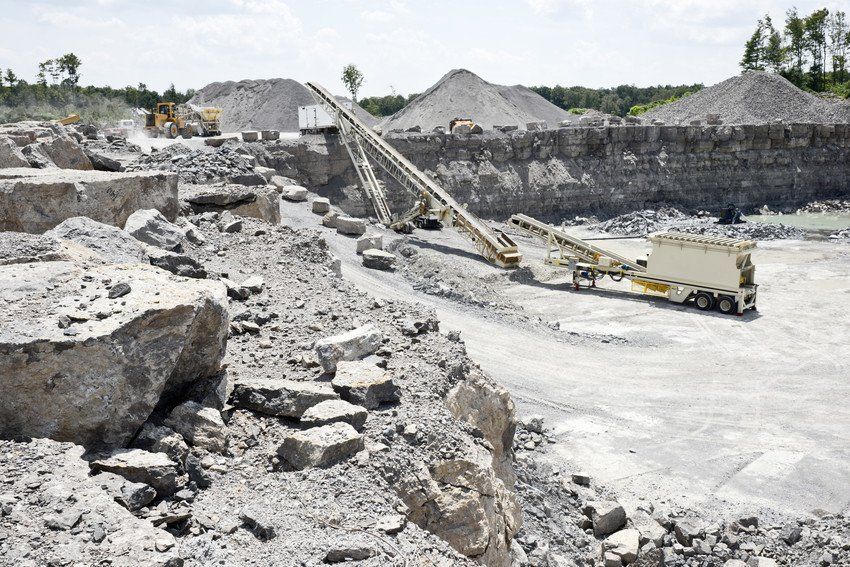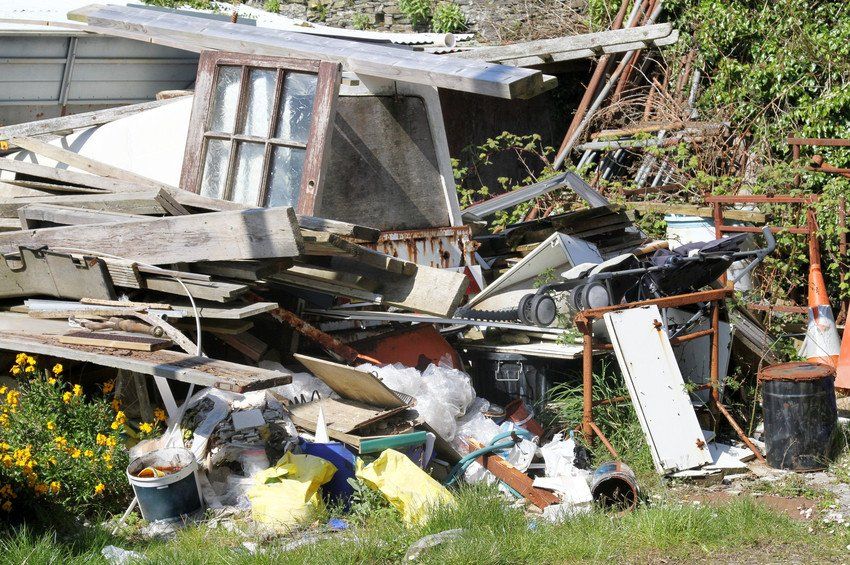What Happens to Waste That Cannot Be Recycled?
- By William Thompson & Son
- •
- 13 Oct, 2020
- •
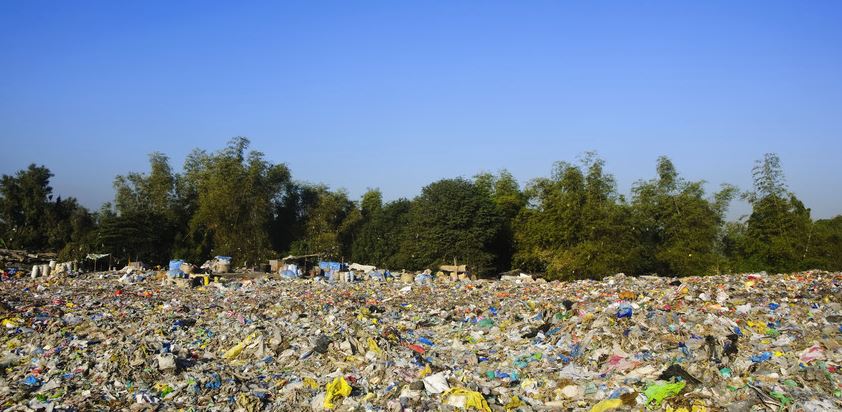
In today’s society, we know all too well how harmful particular types of waste can be to our planet, so reducing, reusing and recycling has never been more important. However, despite most businesses and individuals doing their part to reduce environmental harm, there are still many materials that cannot be reused.
According to recent UK recycling trends, 80% of the items we throw away can be recycled, but what about the other 20%? Making simple switches to sustainable materials is one way of ensuring as much waste is recycled as possible, however, it seems there will always be a small percentage of rubbish that cannot be recycled. As important as it is to concentrate on the materials that can be recycled, being educated about the non-recyclables is essential too so that waste can be properly sorted.
So, what happens to non-recyclable materials? In this blog, we explain more about this and how landfill sites are coping with the masses of waste. Read on for all you need to know.
Which items cannot be recycled?
Did you know that even some items that are made from recyclable materials cannot be recycled? When it comes to disposal, there are many different rules that need to be followed which can make recycling a lot more complicated. Because of this, many individuals and businesses fall short on recycling goals or recyclable items end up at landfill sites. To break this down a little, here are some of the items you may come across that cannot be recycled.
At WM Thompson & Sons, when dealing with non-recyclable materials we always follow agency guidelines to ensure that our work is productive, not destructive. Unfortunately, not all items can be recycled and until we find sustainable solutions a majority of waste will need to go to landfill. Our on-site recycling facilities are on hand to help you sort your waste in the right way. Get in touch with us for more information.
Commonly used as a way to store food, polystyrene isn’t allowed in recycling bins. Because it’s usually covered in food or drink, like pizza boxes which are also non-recyclable, they are difficult to clean - there’s no point recycling something that uses more energy to process than it saves! Polystyrene is a type of plastic that is brilliant for insulation which is why it’s usually used in coffee cups, on the other hand, it’s these characteristics that make it hard to recycle and dangerous to burn. Polystyrene usually can't be recycled locally and has to be transported to a centralized plant.
Although many stores now offer emailed receipts as a way of saving paper, the UK still hands out around 11 million printed receipts every year. You may assume that as they are made from paper that they are completely fine to recycle, but this is not the case. The thermal coating on paper receipts known as bisphenol A (BPA) can be harmful to the environment - one of the main reasons why it is banned from many other plastic products. If paper receipts were to be recycled, there is a high risk that BPA would contaminate other products in the recycling stream such as facial tissue or shopping bags which puts the public even closer to the chemical.
Mirrors are made from glass, right which means they can be recycled? Wrong! Mirrors usually contain a coating to make the glass reflective but this cannot be mixed with regular glass as it can become unusable. Furthermore, different types of glass melt at different temperatures, so it’s almost impossible to liquify coated glass with standard glass because of this. The best thing you can do is try to reuse old mirrors by upcycling them into new pieces or donating them.
Since aerosol cans are made up of steel and aluminium which are both recyclable metals, you would think that they are easily recyclable. However, the trouble lies in the pressurised system of these type of cans as they can become dangerous under certain conditions. Partially or completely full aerosol cans will need to be separated from the rest of the recycling, but if they are modified in any way such as crushed or pierced, this increases the chances of aerosols exploding. Confusingly, they can be recycled as long as they are properly emptied although they may need to be disposed of at your local recycling centre rather than household bins.
Recycling ceramics is possible but still rare. Old dishes and other kitchenware melt at different temperatures to most recyclable items which makes them harder to dispose of. Most facilities will not accept ceramics but it’s always worth checking what your local centre’s rules are. Always try to repair broken ceramics if you can or donate them, but if they are broken, wrap them in a newspaper before putting them in the bin to avoid injuries by the waste collection team.
Other common items that are not recyclable include:
● Bubble wrap and plastic wrap
● Coloured paper
● Treated wood
● Coffee pods
Why are some materials non-recycable?
There are several reasons why not all waste is recyclable and this can make it hard to know where your rubbish needs to go. Recycling is not always as transparent as it needs to be and in many cases, non-recyclable items will end up in landfills which isn’t ideal but as long as the recyclable items are dealt with properly you are still making a positive impact.
What are the common problems with landfills and their solutions?
You’ve probably heard how landfills have contributed to environmental issues, but the good news is that there are some solutions to these issues, including:
● Toxins - With the number of different materials that end up in landfills, over time they react with each other and the earth by releasing toxins. Mercury, lead and arsenic are just some of the toxins that are often found in landfill sites, but new synthetic membranes can drain them to be converted into fertilizer.
● Leachate - Caused by groundwater and rain, when the liquid infiltrates waste this produces a toxic liquid called leachate. To solve this, compounds can be used to filter the waste to reduce any harm.
● Greenhouse gases - When organic materials are compacted the oxygen is removed and methane is produced. In large concentrations, methane is very dangerous and impactful to the environment and must be treated through composting and using methane as energy.
W M Thompson & Sons: Sustainable Landfill Site in Dumbarton
At WM Thompson & Sons, we care about environmentally-conscious waste management, doing as much as we can to reduce waste and improve the methods of quarrying. Over the years, we’ve adapted to the needs of our clients while looking towards a more sustainable future.
Based in Dumbarton, we’ve gained an excellent reputation in the local area and throughout the industry. We aim to reduce environmental problems, helping small scale infrastructure to large projects be more responsible. Our services include landfill disposal for non-recyclable items, supplying recycled aggregates and a range of other quarry products.
Need natural stone or waste disposal? We work closely with Environmental Health and other bodies to ensure that our work is done correctly. With over 60 years of experience, you can rely on us for high-quality services and products. For a responsible, environmentally conscious landfill site with on-site recycling facilities, call William Thompson & Son today.
